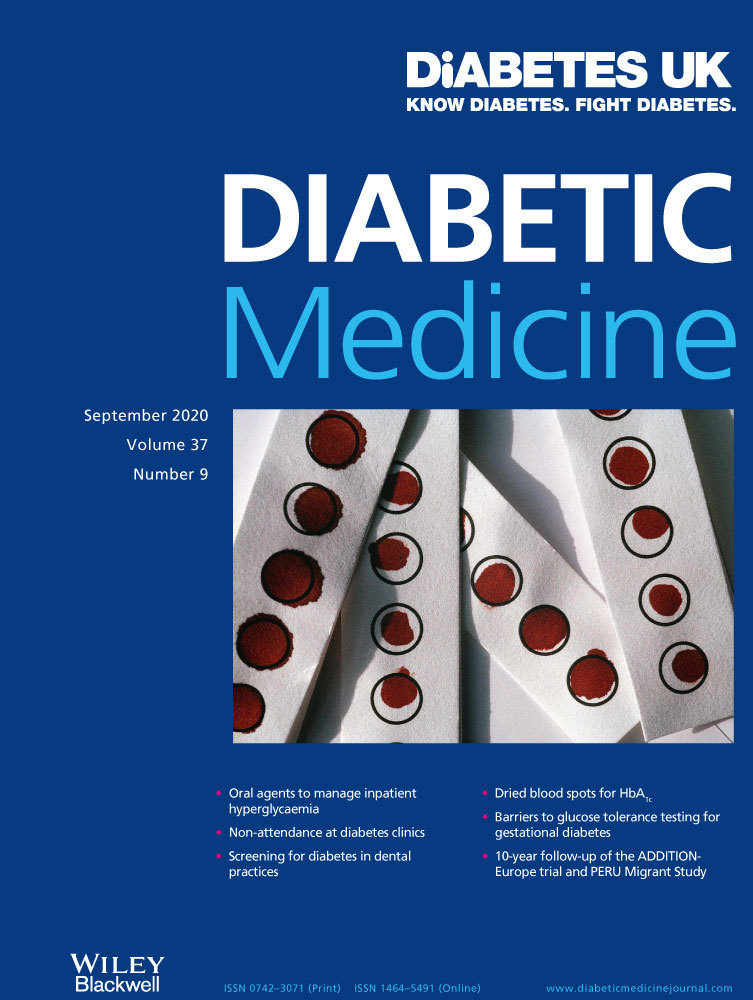Psychosocial factors associated with HbA1c in adults with insulin pump-treated type 1 diabetes: a systematic review
Abstract
Aims
To identify currently available studies on the association between psychosocial factors and HbA1c in adults with insulin pump-treated type 1 diabetes, by performing a systematic review of the literature.
Methods
MEDLINE, Embase, CINAHL and PsycINFO were searched for original studies on the association between psychosocial factors and HbA1c in ≥ 50 adult, non-pregnant, insulin pump users with type 1 diabetes.
Results
The search resulted in 1777 unique records, of which eight were eligible for inclusion. All identified studies were observational, with sample sizes ranging from 51 to 214. Seven different psychosocial factors were investigated in the eight studies. Study analysis suggested that HbA1c may be associated with diabetes numeracy and quality of life. There were no indications of associations between HbA1c and fear of hypoglycaemia or self-efficacy. Results regarding associations between HbA1c and coping style, diabetes distress and locus of control were inconsistent.
Conclusions
This systematic review summarizes the currently limited information on the association between psychosocial factors and HbA1c during insulin pump therapy. The evidence base of the included studies was weak, and this review highlights the need for more research in these areas, with improved methodological and theoretical frameworks, including exploration of a broader spectrum of psychosocial variables and their potential association with HbA1c and other metabolic outcomes.
(PROSPERO International prospective register of systematic reviews registration no: CRD42020145705).




